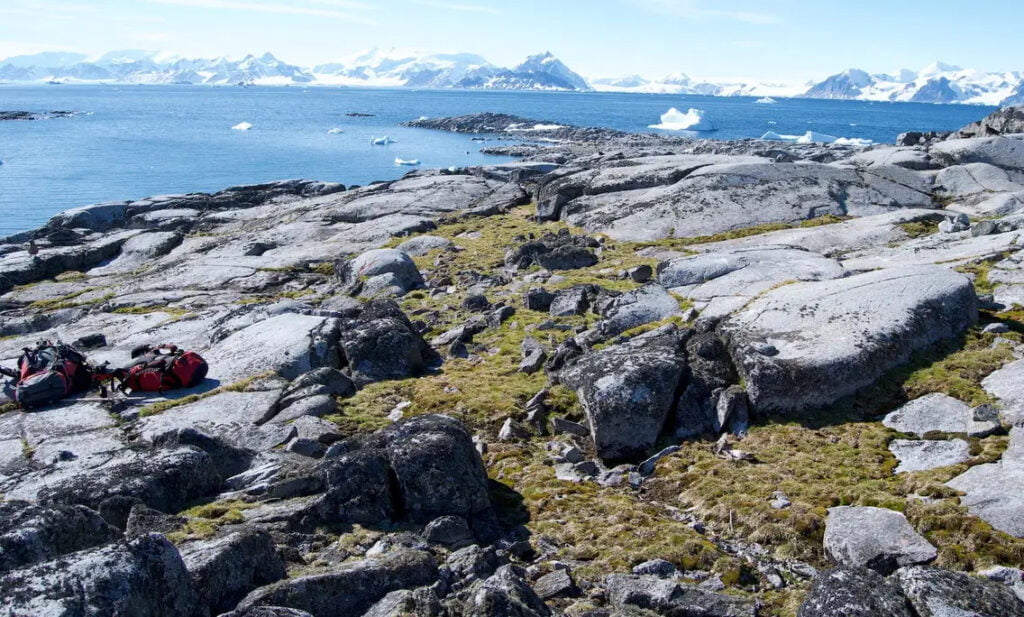The South Pole, the coldest place on Earth, experiences a “heat wave” that reached record heat in Antarctica
A record heat wave in Antarctica may fuel the arrival of invasive plant species. The month of March has seen several “heat” records, with temperatures reaching up to 40 degrees Celsius above average for this period. While it is usual for Antarctica to be -45 or -51 degrees Celsius, it has now reached between -18 and -21 degrees Celsius.
This change in temperature is another indicator that global warming is impacting the so-called “sixth continent”. Antarctica’s ecosystem is very fragile, and any change in temperature can trigger a spiral of events with negative implications.
A team of researchers from the University of Insubria, Italy, found that Antarctica’s only native flower species has been multiplying at an increasingly rapid rate. The scientists discovered that the small yellow flowers, called Deschampsia antarctica and Colobanthus quitensis, are becoming increasingly visible in locations on Signy Island in the South Orkney Islands archipelago.`
Rising temperature is a threat to biodiversity
The increase in the number of native flowers has been greatly influenced by the climate change that is affecting Antarctica. Warmer temperatures are helping more seeds of these plants to germinate. Such plants have grown in isolation, and therefore do not have the capacity to tolerate other species arriving from other parts of the world.
In addition, the warmer temperatures in Antarctica could lead to the development of invasive plant species. Scientists fear that the proliferation of mussels, algae, and barnacles, along with the arrival of other plants and animals, will affect the continent’s ecosystem. Researchers at the University of Cambridge concluded that invasive species would cause an irreversible loss of biodiversity in Antarctica.
Experts have not reached a consensus on how Antarctica will evolve in the near future. However, several studies published in recent years agree that climate variation will transform Antarctica and impact the living conditions of all living things.

